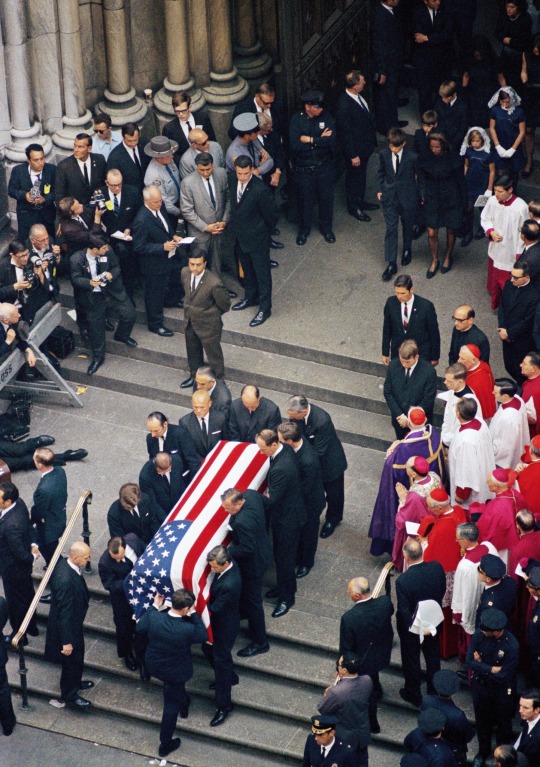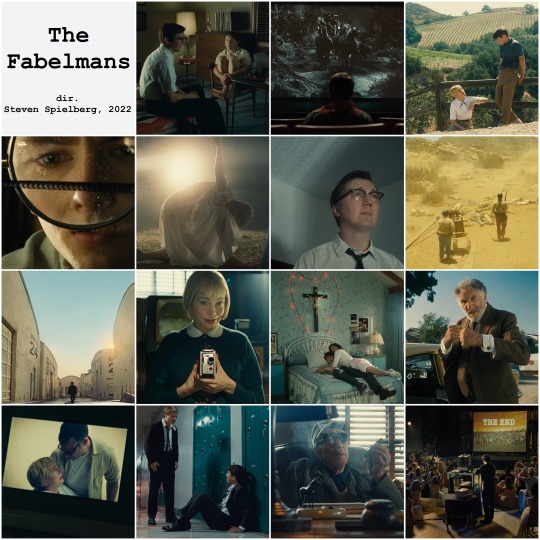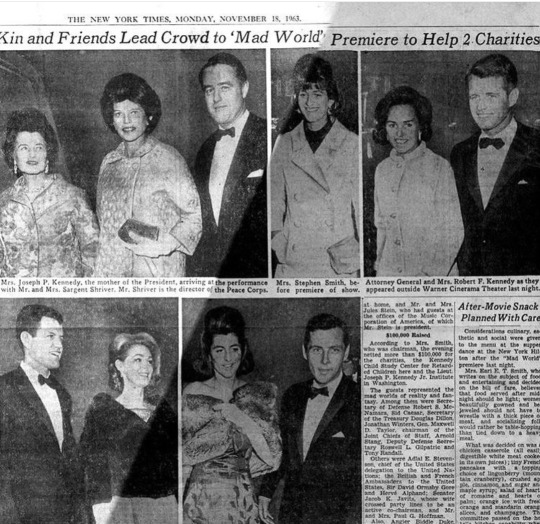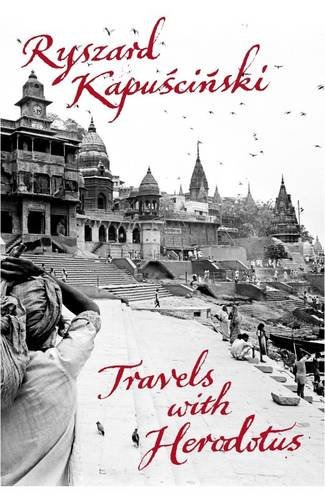#stephen smith
Text

Necks, please
A colony of mute swans at the Abbotsbury Swannery in Dorset. There are around 600 birds at the swannery, which was established by Benedictine monks.
Photograph: Stephen Smith
#stephen smith#photographer#swans#bird photography#swan colony#abbotsbury swannery#dorset#nature#animal
20 notes
·
View notes
Text
These moments will be forever remembered💖💝❤️✨️
#Joseph P. Kennedy Sr#Rose Kennedy#Eunice Kennedy Shriver#Jean Kennedy Smith#John F. Kennedy#Robert F. Kennedy#Patricia Kennedy Lawford#Sargent Shriver#Edward M. Kennedy#Jacqueline Kennedy#Ethel Kennedy#Peter Lawford#Lem Billings#Bobby Shriver#Sydney Lawford#Caroline Kennedy#John F. Kennedy Jr#Rosemary Kennedy#Kathleen Kennedy Cavendish#Joseph P. Kennedy Jr#Stephen Smith#Joan Bennett Kennedy#Kathleen Kennedy Townsend#Courtney Kennedy#Maria Shriver#Bobby Kennedy Jr#Kerry Kennedy#Joe Kennedy II#David Kennedy#Michael Kennedy
17 notes
·
View notes
Text

June 8, 1968
#kennedy family#the kennedys#robert f kennedy#rfk#bobby kennedy#ted kennedy#edward m kennnedy#emk#joe kennedy ii#stephen smith#lem billings#ethel kennedy#ethel skakel kennedy#robert f kennedy jr#rfk jr#kerry kennedy#michael kennedy#david kennedy#courtney kennedy
63 notes
·
View notes
Text

Stephen Smith
#suitdaddy#suiteddaddy#suit and tie#suited daddy#men in suits#silverfox#suitfetish#suit butt#suit ass#suited butt#suited ass#suited men#suited grandpa#suitedman#suited man#buisness suit#suitedmen#australian men#Australian man#Stephen Smith
28 notes
·
View notes
Text

#african#afrakan#kemetic dreams#brownskin#afrakans#africans#brown skin#african culture#afrakan spirituality#deep reddish brown skin#face2faceafrica#stephen smith
59 notes
·
View notes
Text

Stephen Smith
18 notes
·
View notes
Text
very into the Murdaugh family media frenzy not just because it appeals to my southern belle “The Night The Lights Went Out in Georgia” vibe but because of Stephen Smith
Stephen Smith
Stephen Smith!!!!
there is so much being said about a bunch a privileged white rednecks and I want to talk about the child whose life was cut short by what was almost undoubtedly a hate crime. I wanna talk about how us southern queers are far from safe, regardless of what our barely-tolerant family would pretend when they ask us to quiet down. I want to see justice served for the gay kid living in the boonies who dared to be himself and lost his life because of that, because of homophobia.
I want to talk about Stephen Smith!!!
14 notes
·
View notes
Photo

The Fabelmans
directed by Steven Spielberg, 2022
#The Fabelmans#Steven Spielberg#movie mosaics#Paul Dano#Gabriel LaBelle#Michelle Williams#Stephen Smith#Chloe East#Judd Hirsch#Seth Rogen#Sam Rechner#David Lynch
15 notes
·
View notes
Text

#rose kennedy#eunice kennedy#eunice kennedy shriver#eunice shriver#sarge shriver#sargent shriver#jean kennedy#jean kennedy smith#ethel kennedy#bobby kennedy#robert f kennedy#ted kennedy#edward kennedy#edward m kennedy#joan kennedy#pat lawford#patricia kennedy#patricia kennedy lawford#stephen smith#the kennedys#kennedy family
9 notes
·
View notes
Text
Travels with Herodotus
“ The Observer Ryszard Kapuściński
Review
Lessons of the Histories
In Travels with Herodotus, the late, great Polish writer Ryszard Kapuscinski weaves epic stories into his own reportage to stunning effect, says Stephen Smith

Stephen Smith
Sun 17 Jun 2007 00.41 BST
Travels with Herodotus
by Ryszard Kapuscinski
Allen Lane £20, pp275
With Agatha Christie, you know you're off and running when the first stiff turns up in the library, harbinger of a terrible body count. In the case of Ian McEwan, it's a hint of transgressive how's-your-father. Aficionados of Ryszard Kapuscinski, the late grandmaster of reportage, know to hug themselves in anticipation when the following conditions obtain: our man is the last European left in a sweltering hellhole, a wretched government is on its last legs and about to give way to packs of marauding goons and all contact with the outside world has been lost. This was the scene of the Polish writer and journalist's gripping Another Day of Life (1975). He was the only foreign correspondent in the Angolan capital, Luanda, as the Portuguese colonialists fled and rival militias closed in on the abandoned city. In his suffocating hotel, Kapuscinski sweats and frets, a Kafka of the tropics. If the book had been any more tightly wound, it would have turned back into wood pulp in your trembling fingers.
Open Kapuscinski's Imperium (1994), an account of his travels through the collapsing Soviet Union, and you may well be met with a passage like this one, describing the airport at Yerevan in Armenia as 'hundreds, thousands of people' awake to another day of waiting in vain for a seat on a plane, any plane. 'How long have they been sleeping here? Well, some not so long; this is only their first night. And those over there, the crumpled up, unshaven, unkempt ones? Those - a week. And those others one cannot even get closer to because they stink so terribly? Those - a month.'
Travels with Herodotus, which has been published in English following Kapuscinski's death earlier this year, will not disappoint his admirers. We are with the indefatigable reporter in Congo in 1960. 'There is no functioning radio station, no government. I am trying to get out of here - but how? The closest airport is closed. The roads (now in the rainy season) are swamped, the ship that once plied the River Congo has long ceased to do so.' Bliss! You know that by the time you finish Travels with Herodotus, you'll be shaking your own gnawed fingernails from its pages. Once again we have before us the strangely cheering image of the lonely news agency man from eastern Europe endlessly chastising himself for the gaps in his knowledge rather than giving himself credit for what he has learnt the hard way. As before, the roving reporter is bowed down beneath his own bodyweight in books, including the Histories of Herodotus, the ancient Greek who opened the young Kapuscinski's eyes to the world. The great traveller of antiquity, he says, was 'someone who always had many questions and was ready to wander thousands of kilometres to find an answer to any one of them'. Kapuscinski could be writing about himself, of course.
A much-travelled journeyman who came to book-writing in mid-career, Kapuscinski also invites comparison with fellow Pole Joseph Conrad and mention of the author of The Secret Agent leads us to the ticklish issue of Kapuscinski the spy. He was named as a former communist operative after his death. He had allegedly collaborated with the party in Poland in return for the rare licence he enjoyed to travel to the outside world - 'to cross the border', as he puts it. To which one can only say that if it is true, a 'deal' of this kind is what one would expect the authorities to have insisted on. What matters is how Kapuscinski observed his side of the bargain, and that was to publish The Emperor (1978). Ostensibly an account of Haile Selassie's court in Ethiopia and its hysterical feudalism, it was read in his native Poland as a mordant if samizdat commentary on matters closer to home.
Frankly, anyone who was paying attention will know the reporter's dispatches were the flimsiest cover for his 'product', as the spymasters call it. What was encrypted in them was Kapuscinski's humanity. Somehow, he crosses Ethiopia with a local driver who knows only two English expressions: 'Problem' and 'No problem'. How do the pair communicate? Kapuscinski relies on the 'tradecraft' of his own extraordinary empathy. 'Everything speaks; the expression of the face and eyes, the gestures of the hand and movements of the body ... dozens of other transmitters, amplifiers and mufflers which together make up an individual being.'
It may seem perverse to recommend Travels with Herodotus for the beach. But if you haven't encountered Kapuscinski before, you'll be pleasantly surprised by how much satisfaction, as well as salience, there is to be found in this perfect discomfort read.
· Stephen Smith is the culture correspondent of BBC Newsnight
Three to read
Reportage
Imperium by Ryszard Kapuscinski
The journalist's personal portrait of the life and death of the USSR, 1939 to 1991.
Dispatches by Michael Herr
Frontline reports from the madness and mayhem of the Vietnam War.
All the Wrong Places by James Fenton
Powerful examination of South East Asian politics, from the fall of Saigon to the Philippines under Marcos.”
Source: https://www.theguardian.com/books/2007/jun/17/travel.travelbooks
2 notes
·
View notes
Text






Robert F. Kennedy's Funeral, June 8, 1968.
#Robert F. Kennedy#Robert Francis Kennedy#Edward M. Kennedy#Ethel Kennedy#Kathleen Kennedy Townsend#Sydney Lawford#Stephen Smith#Jean Kennedy Smith#Stephen Smith Jr#Eunice Kennedy Shriver#Sargent Shriver#Rose Kennedy#Courtney Kennedy#Joe Kennedy II#The Kennedy Family
15 notes
·
View notes
Text

Jackie Kennedy and her children along with other members of the Kennedy Family arrive in Denver, Colorado for a skiing trip - December 24, 1964
#David and John holding hands 🥹#jacqueline bouvier kennedy#jackie kennedy#caroline kennedy#john f kennedy jr#jfk jr#david kennedy#stephen smith#kennedy family#the kennedys
12 notes
·
View notes
Text
Twitter still producing bangers on occasion
61K notes
·
View notes
Video
youtube
Stephen A. Smith BACKTRACKS After Saying Black People 'Relate' To Trump Indictment.
He should keep his mouth out of the Black Community because quite frankly He Is An Unknown to Us. Go Wey Bakra
#youtube#Stephen A. Smith BACKTRACKS After Saying Black People 'Relate' To Trump Indictment.#stephen smith#talking bout shit that you don't know#backtrack
0 notes
